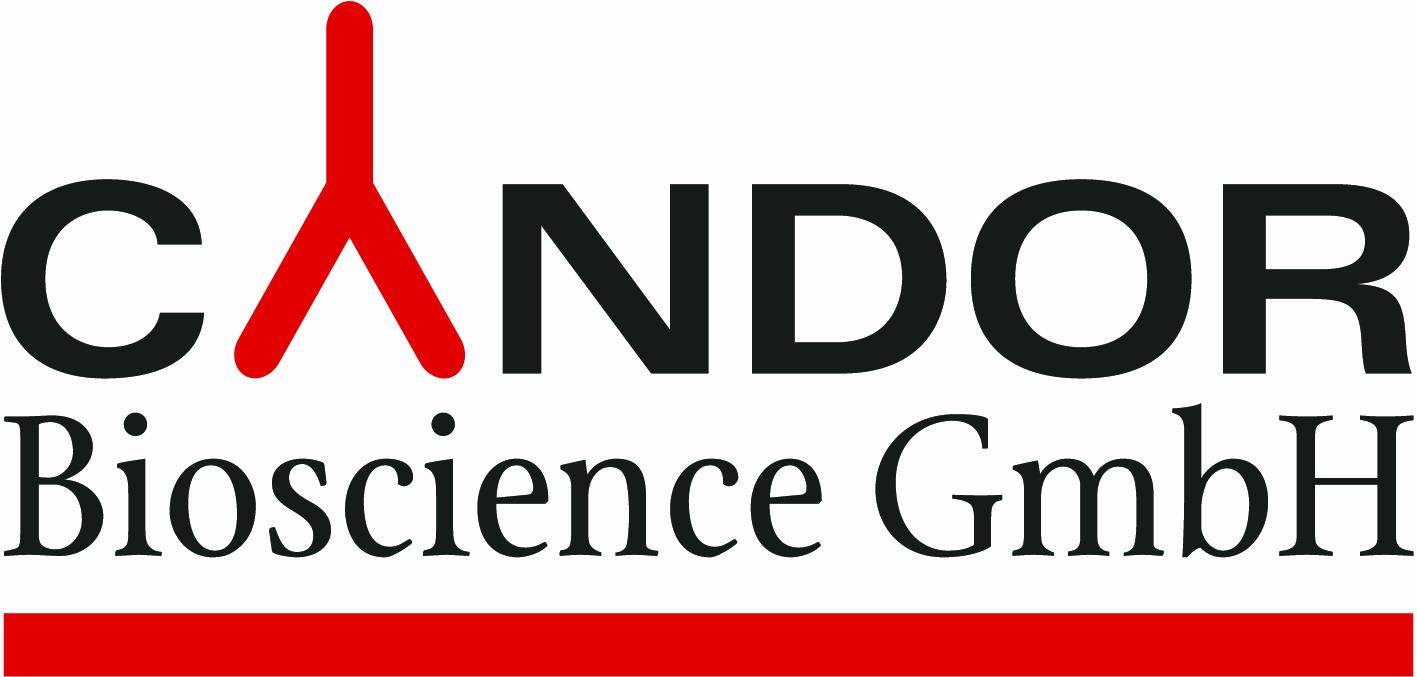Proteins and peptides for industry
Proteins, as biobased and environmentally friendly products, are used in many industries, e.g., in food and beverage industry, in cosmetics and detergents, in the chemicals industry and many more. The range of potential markets is huge, however, the tailored production of proteins for industrial purposes has its technical challenges. To manage these challenges, we combine technologies and expertise from diverse disciplines, such as molecular biology, protein-engineering and synthetic biology.

Proteins, Peptides & Enzymes
Proteins are ubiquitous biological macromolecules that are made of long, linked chains of amino acids which are linked by peptide bonds. Short amino acid chains are called peptides. Proteins serve all living organisms as tools and materials for executing different tasks. Some proteins, called enzymes, catalyze chemical reactions by lowering their activation energy. In contrast to chemical catalysis, some enzymes are stereo-specific and, hence, allow the evolution of only one stereoisomeric bond out of two or more possible bonds. From this reaction, only one possible product configuration is established, which is entirely biodegradable, and which does not produce byproducts. Through this process, less resources are required for the purification of the products and disposal of enzymes, leading to a decreased environmental impact. Not only is the environmental impact lowered, but bioconversion is often more efficient and more cost-effective, compared to chemical procedures. In addition, a great number of enzymes is already bed down in industrial applications.
Networks
-
Advanced Proteins
We can find proteins anywhere in nature in abundance. This class of molecules has many different functions, for instance as catalysts,…
-
Technofunctional Proteins — TeFuProt
The TeFuProt project partners intend to isolate proteins from agricultural residual plant materials, especially from canola oil production.…
News
-
Developing a natural, biobased coating from agricultural byproducts and seaweed for sustainable disposable cups
-
Biotalys (Euronext: BTLS) is pleased to announce that the United States Environmental Protection Agency (EPA) has issued its proposed registration decision to approve the company’s first…
-
Hydrogenious LOHC Technologies awards FEED and EPCM contract for the world’s largest hydrogen release plant in Bavaria, Germany
14.11.2025NewsHydrogenious LOHC Technologies, German pioneer in the field of liquid organic hydrogen carriers (LOHC), has signed a contract with the Griesemann Gruppe for the Front End Engineering and Design…
-
The European Investment bank published a new study about Europes bio-based industries.
-
Researchers reporting in ACS Energy Letters have devised a battery powered by vitamin B2 (riboflavin) and glucose. Inspired by how human bodies break down glucose for energy using enzymes, the team…
-
Collaboration between electrical, mechanical engineering professors leads to groundbreaking new research
Events
-
10 – 21 October 2026 | Dublin
-
22. – 24. September 2026 | Siegburg and Online
-
22. – 25. September 2026 | Saarbrücken












